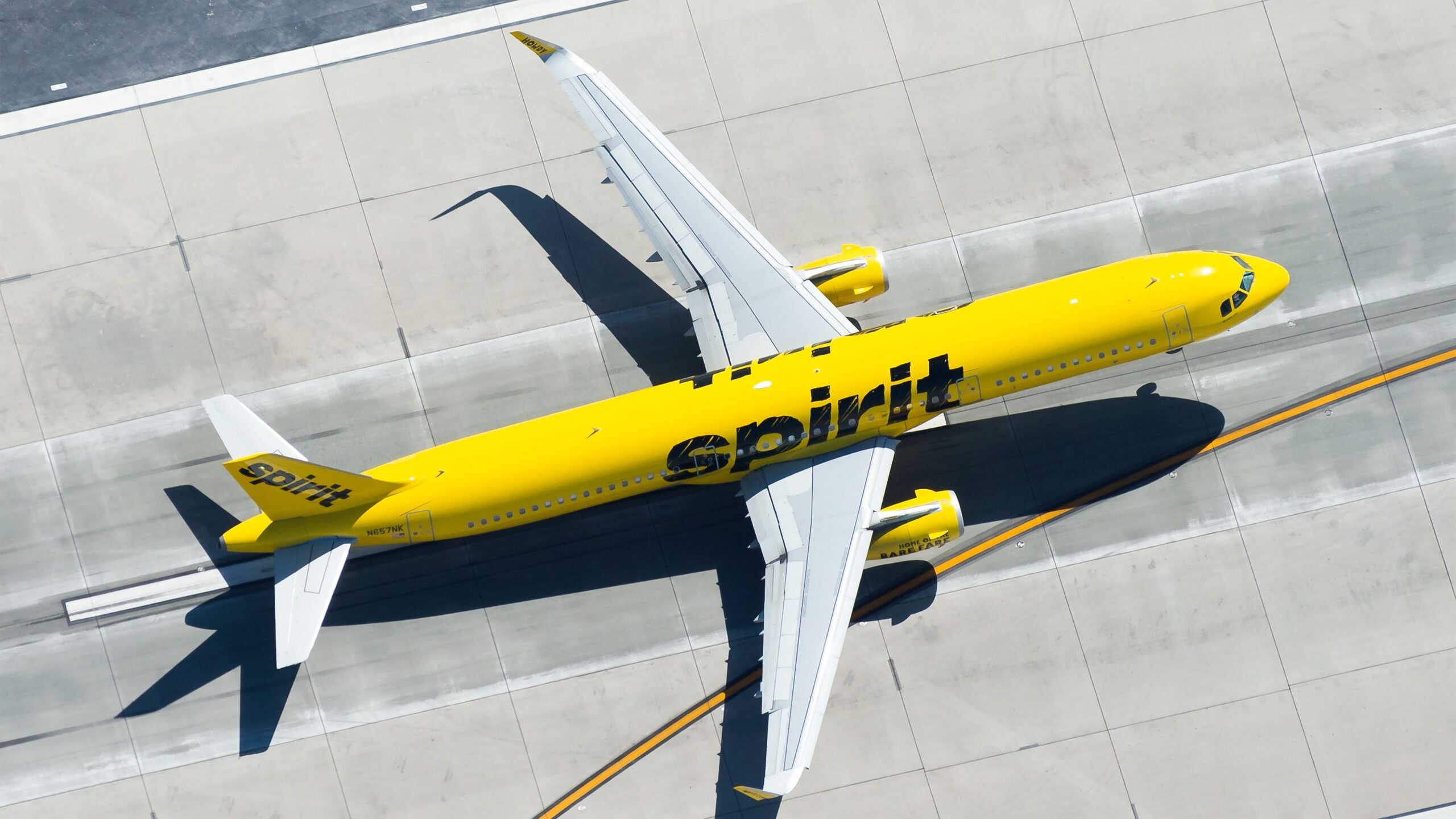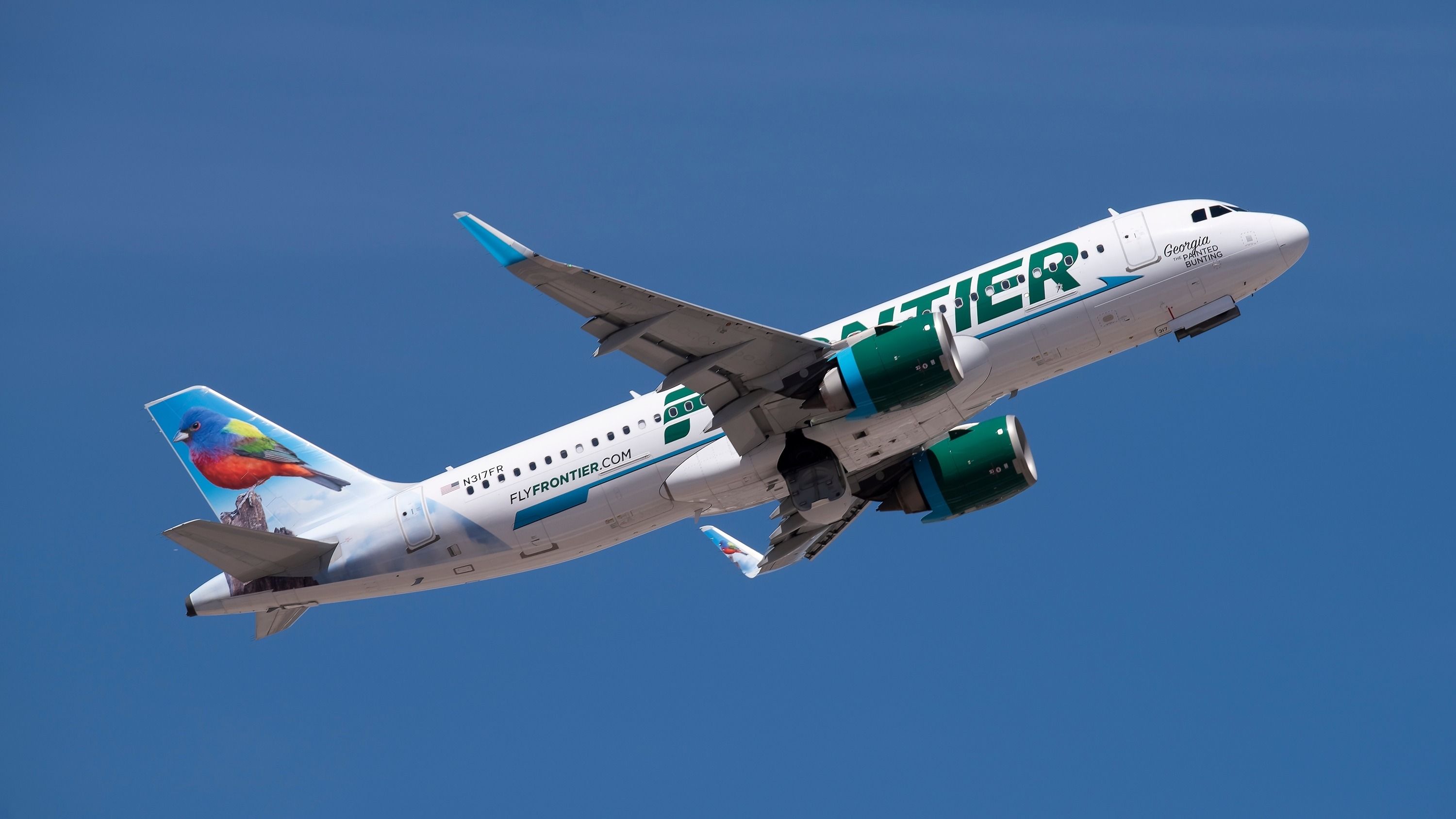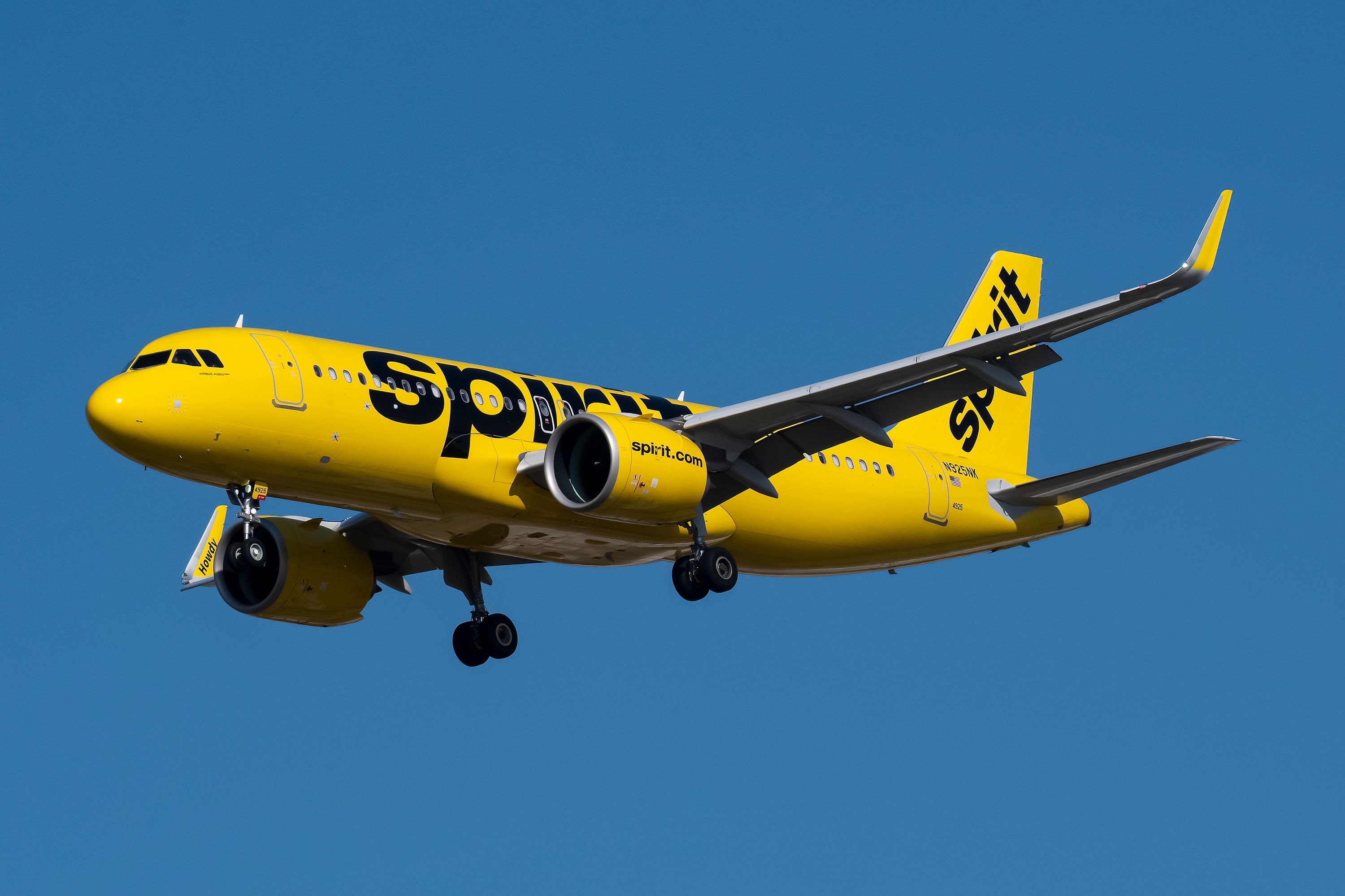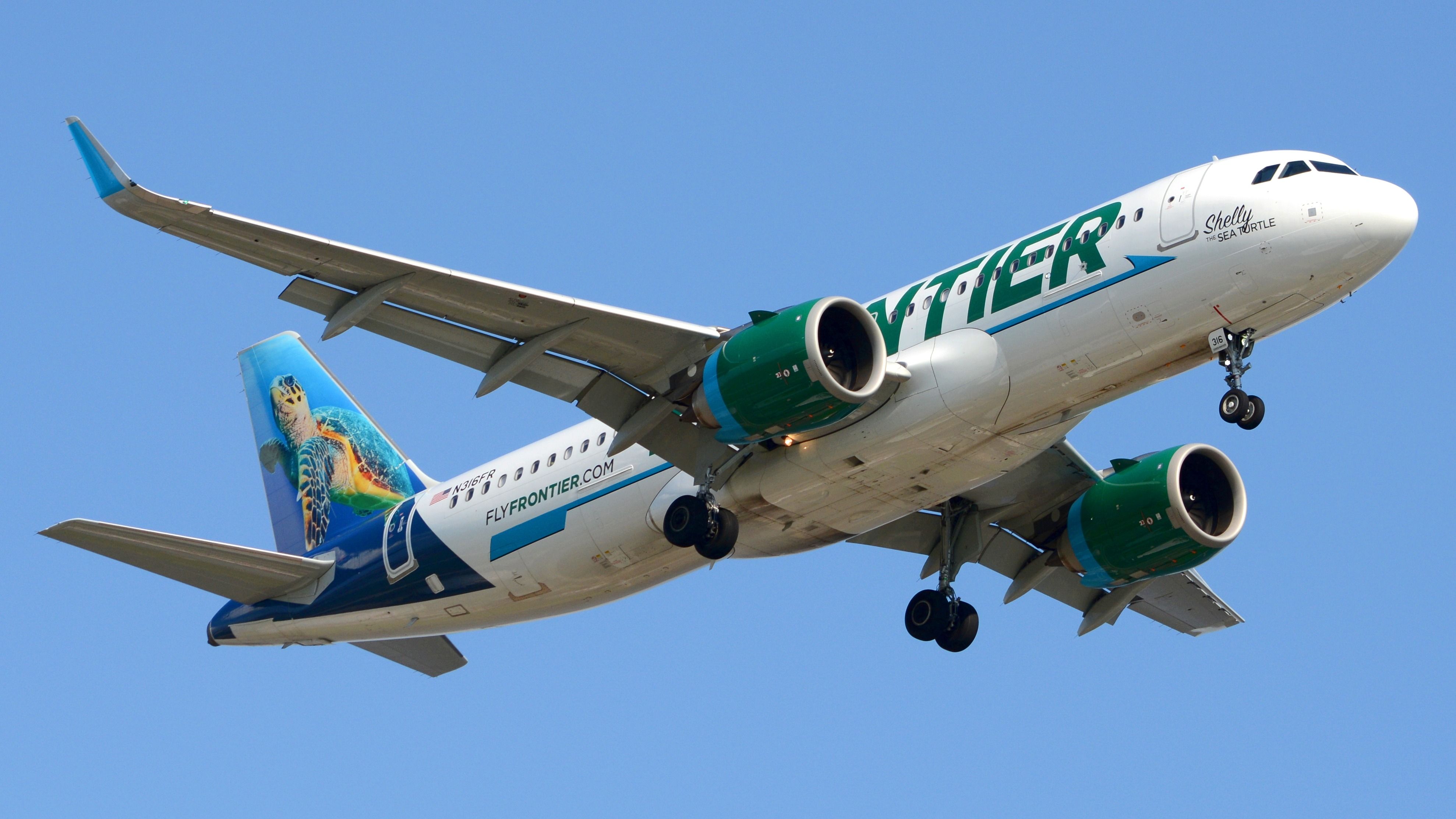Summary
- The FAA’s new rules require airlines to disclose fees upfront.
- Budget airlines must share fee policies with booking sites.
- ULCCs like Spirit and Frontier may need to adapt their competitive tactics.
This week, the Federal Aviation Administration (FAA) announced a set of sweeping rules that will guide how and when airlines can charge their passengers surprise fees. From carrying carry-on bags onboard to changing a flight due to a same-day family emergency, passengers on many of America’s largest airlines have continued to face unwelcome surprise fees.
The Biden Administration, which has continued to pursue initiatives that protect the consumer, has announced new initiatives requiring airlines to disclose the fees they will charge for various services upfront. Additionally, carriers will no longer be able to raise fees without informing consumers or promising discounts on fees or other products that will no longer be delivered.
Photo: Robin Guess | Shutterstock
These fees are essential to budget airlines’ financial business model, which generates millions in annual revenue from these so-called “ancillary charges.” With such a major piece of their financial puzzle gone, many have begun to wonder what these new restrictions could mean for the ultra-low-cost carrier (ULCC) business model in the long run.
The restrictions themselves
According to a Department of Transportation (FAA) statement, these junk fee policies will have a few key components. For starters, carriers will be forced to disclose their fees for certain services upfront, informing travelers from the start about what they will and will not be charged for.
Passengers have long complained that the most unenjoyable part of the low-cost experience is the uncertainty of knowing what exactly they will be charged for. While vexing for many, this feeling of being “nickeled and dimed” is a key part of how budget airlines operate.
Photo: Robin Guess | Shutterstock
Secondly, budget airlines must share these extra fee policies with all applicable booking sites. Most passengers flying on budget airlines do not book directly with the carrier but rather through a third-party booking site like Expedia or Kayak, through which they can compare fares across multiple airlines.
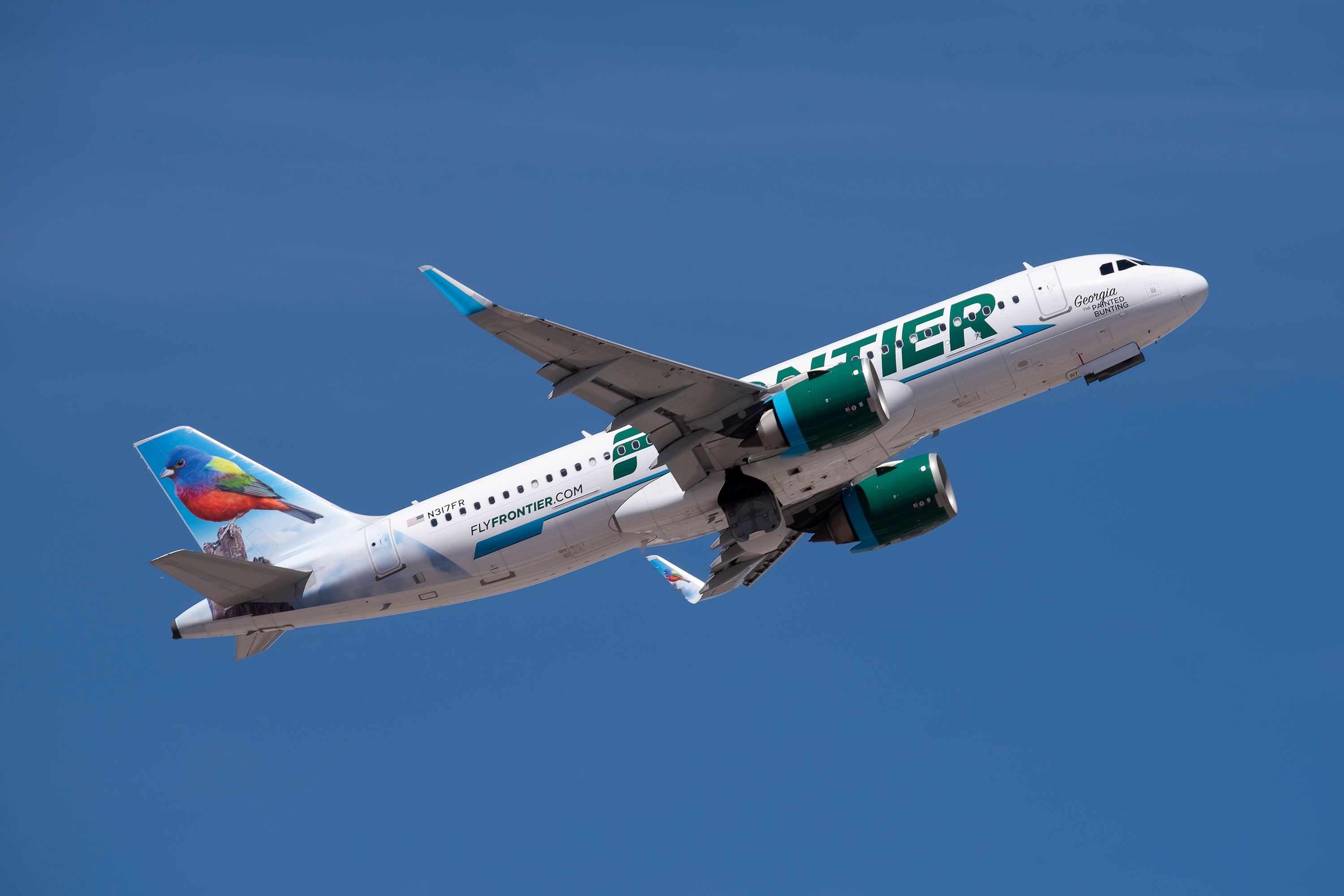
Related
Has Frontier Scrapped The ULCC Business Model With Its ‘Customer Friendly’ Changes?
The budget airline has made some sweeping changes.
Passengers who are members of an airline’s loyalty program will also be informed of how their fee structure will differ from the standard. Lastly, airlines will be forced to end bait-and-switch tactics, where discounts are promised upfront but then only applied to a small portion of a larger ticket price.
Shifting competitive tactics
With these new measures in place, low-cost airlines will be forced to carefully shift how they compete with other carriers. Ultra-low-cost airlines like Spirit Airlines and Frontier Airlines have historically relied on providing the lowest price possible, with no bells and whistles attached.
Photo: Catharine Pierce | Shutterstock
A wave of new tactics is coming, with carriers like Frontier launching sweeping restructuring schemes for their booking platforms. When booking a ticket with Frontier now, one will know exactly what price they are paying and for which add-on services (checked bags, seat selection, etc.) they will be footing the bill.
Overwhelmingly, however, the low-cost business model will likely be forced to adapt but not disappear altogether. European carriers have had consumer-friendly regulations for decades, but carriers like Ryanair and easyJet have not struggled to continue providing low fares and convenient service. Rest assured, the passenger experience on a Frontier or Spirit Airlines-type carrier will change, possibly for the better, albeit at a slightly higher ticket price.

